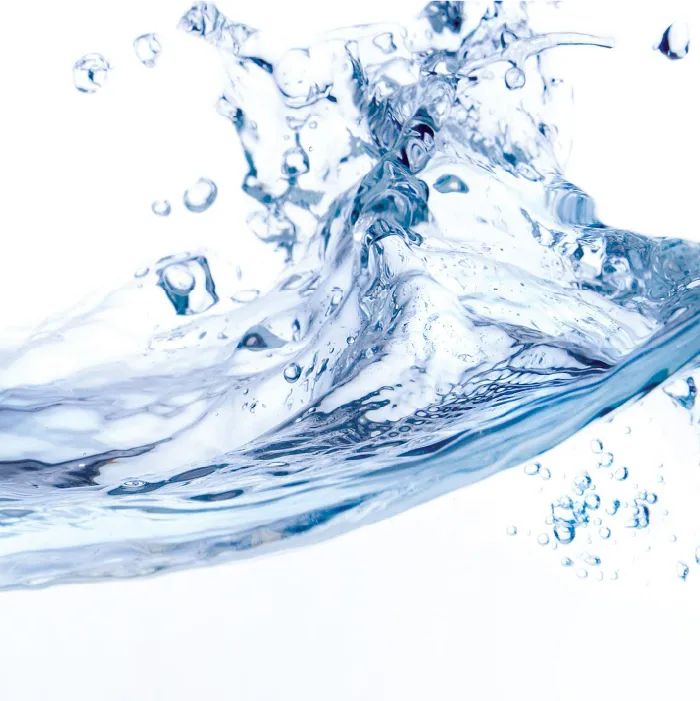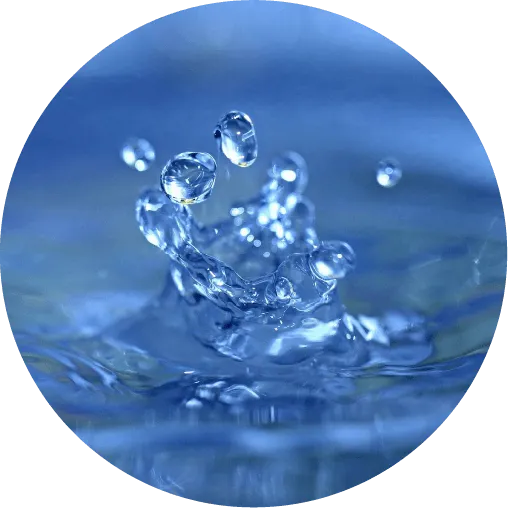For Agriculture, Municipal, and Industrial Applications
Water is a fundamental resource for sustaining life and supporting various industries, including agriculture, municipalities, and industries. Surface water, in particular, plays a critical role in meeting the water demands of these sectors. However, its availability and quality have become increasingly concerning due to the impacts of climate change and human activities.

In the realm of agriculture, the importance of surface water cannot be overstated. Farmers rely on this water source to irrigate their crops and provide hydration to their livestock. The quality of surface water can significantly influence the success of their operations. For instance, when surface water is used to nourish crops, its quality can directly impact the size, quality, and taste of the harvested produce. Similarly, farmers depending on surface water to sustain their livestock must be vigilant about water quality to ensure the health and well-being of their animals.

Surface water testing is a crucial practice in the agricultural sector. It not only ensures the delivery of high-quality crops and produce to the market but also safeguards the environment from potential contamination caused by agricultural runoff, including fertilizers, chemicals, and animal waste.
Real-time monitoring empowers organizations to optimize their water usage by understanding the water composition before application. This knowledge enables them to use chemicals more efficiently, reducing costs and minimizing environmental strain. Moreover, the data gathered from these monitoring systems helps organizations gain insights into their water usage, encouraging more sustainable practices and water conservation efforts.
